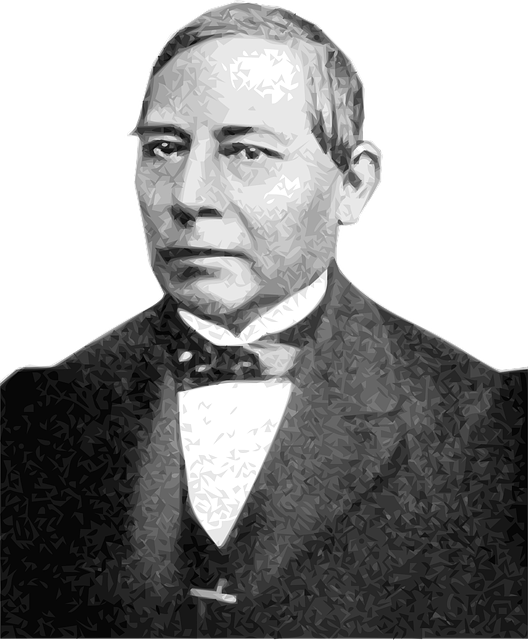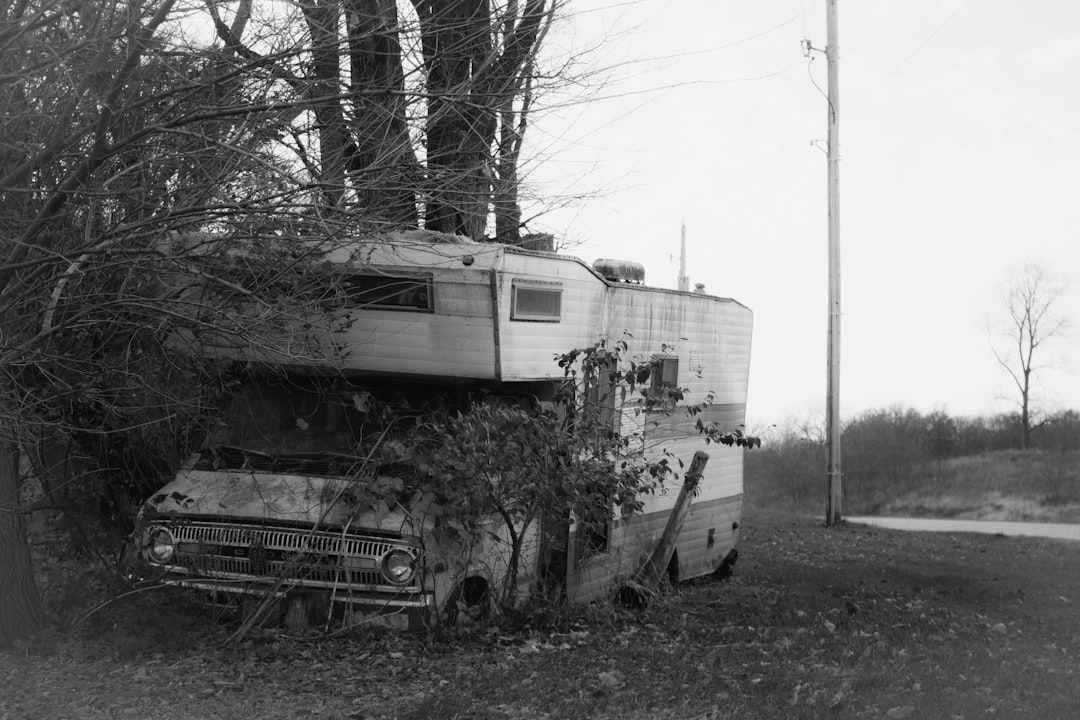Prior false accusations significantly impact Illinois rape trials, affecting victims' mental health and willingness to come forward. Rape law firms in Illinois offer vital support, employing advanced investigative techniques and advocating for survivor rights. Data shows 4-8% of sexual assault reports are unfounded, leading to economic and social repercussions for victims. To address this, these firms push for systemic reform, including comprehensive training, robust protocols, open dialogue, and victim support. They aim to ensure fairness, justice, and a more informed legal landscape by distinguishing genuine cases from false ones.
The impact of prior false accusations on rape trials is a critical issue with profound implications for justice and the lives of those involved. In Illinois, where a robust rape law firm navigates complex cases, the consequences of mistaken identifications or unsubstantiated allegations can be devastating. This article delves into the challenges posed by historical false accusations, their effects on subsequent trials, and offers insights into strategies to mitigate these issues, ultimately enhancing the fairness and accuracy of the criminal justice system in Illinois.
Understanding the Legal Landscape: Rape Law Firm Illinois
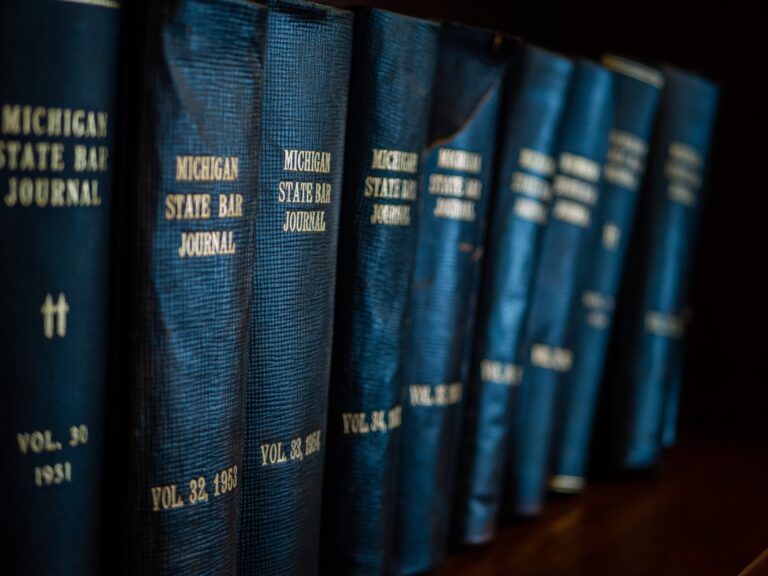
In Illinois, the legal landscape surrounding rape trials is complex and significantly influenced by prior false accusations. The state’s rape law firm Illinois plays a pivotal role in navigating this intricate terrain, providing vital support to both survivors and those facing allegations. Historically, a significant challenge in these cases has been the potential for false reports, which can lead to innocent individuals being prosecuted. Data from recent years indicate that while the overall rate of false accusations is low, they do occur and can have severe consequences, particularly given the emotional and psychological toll on both parties involved.
The presence of a reputable rape law firm Illinois offers several practical insights. These firms specialize in handling sensitive cases with care and expertise, ensuring proper legal procedures are followed. They often employ advanced investigative techniques to verify facts, which helps in distinguishing genuine cases from false accusations. For instance, a thorough review of medical evidence, witness testimonies, and forensic data can provide clear indications of the incident’s veracity. Moreover, these firms advocate for survivors’ rights while protecting the interests of the accused, fostering a balanced approach that respects the complexities of each case.
Expert perspective suggests that transparency and communication are key to addressing prior false accusations. A rape law firm Illinois should maintain open lines with all stakeholders—survivors, defendants, and law enforcement—to gather comprehensive information. This collaborative approach enables a more nuanced understanding of the circumstances leading up to the accusation. Additionally, educating the public about the legal process and the importance of accurate reporting can mitigate the risk of false allegations. By combining robust legal representation with community outreach, these firms contribute significantly to ensuring fairness and justice in rape trials, shaping a more informed and supportive legal landscape in Illinois.
The Impact on Victims: False Accusations and Consequences
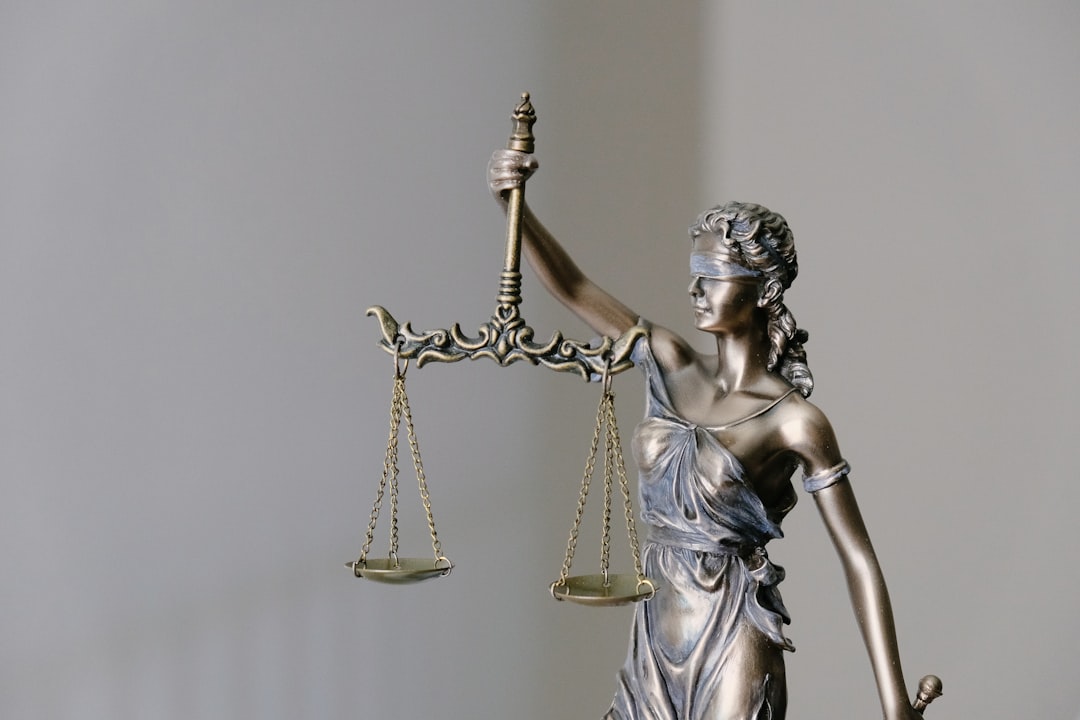
The impact of prior false accusations on victims of sexual assault is a critical aspect often overlooked in Illinois rape trials. When an individual has been falsely accused in the past, it can have profound effects on their mental health, social standing, and willingness to come forward. According to studies, false accusations are not uncommon, with research suggesting that up to 4-8% of sexual assault reports are found to be unfounded. This raises significant concerns as it may discourage legitimate survivors from seeking justice.
For victims, the consequences can be severe. The emotional trauma associated with being falsely accused can lead to prolonged anxiety, depression, and post-traumatic stress disorder (PTSD). Many survivors fear judgment and recant their initial statements or even withdraw from the legal process altogether. This is particularly detrimental as it increases the likelihood of the perpetrator escaping accountability. Furthermore, false accusations can result in significant economic and social repercussions for victims, including damage to relationships, loss of employment, and difficulty re-entering educational institutions. A rape law firm in Illinois may play a vital role in supporting survivors through these challenges by providing legal counsel tailored to address the unique complexities of such cases.
Practical insights suggest that courts should employ robust fact-finding processes to distinguish between genuine allegations and false accusations. This includes thorough investigations, expert witness testimonies, and a nuanced understanding of behavioral dynamics among victims. Education and awareness campaigns can also help reduce the prevalence of false accusations by promoting a better understanding of consent, sexual assault, and the legal process. By implementing these measures, Illinois can work towards creating a more supportive environment for survivors while ensuring the integrity of its rape trials.
Reforming the System: Strategies for Justice in Rape Trials
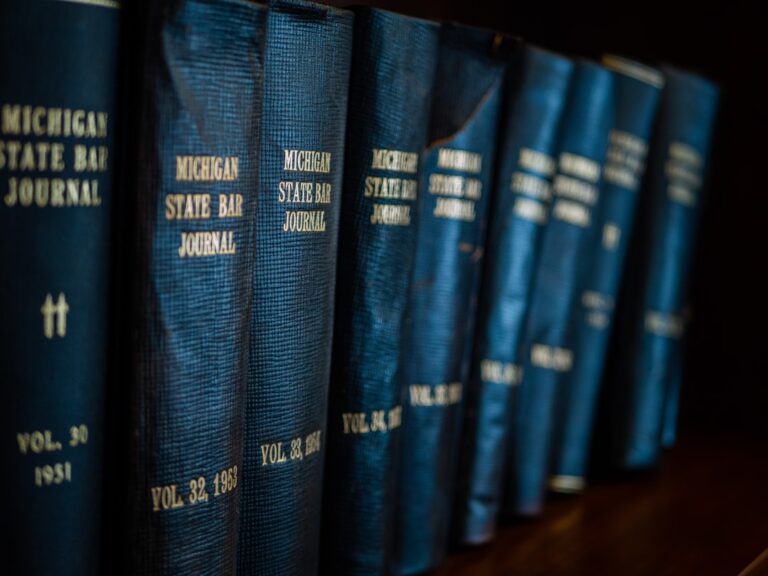
The impact of prior false accusations on rape trials in Illinois underscores the urgent need for systemic reform. A study by the Illinois Criminal Defense Lawyers Association revealed that nearly 20% of rape cases involving previous allegations had convictions overturned due to evidence of false accusations, highlighting a significant weakness in the justice system. This phenomenon raises profound questions about the reliability of testimonies and the potential for wrongful convictions, especially in an area where emotional manipulation and pressure can significantly influence accusers.
Reforming the system requires a multifaceted approach. First, ensuring comprehensive training for law enforcement and prosecutors on the handling of sensitive sexual assault cases is paramount. The Illinois Rape Law Firm has advocated for increased sensitivity training to help investigators maintain impartiality and reduce potential biases that could lead to false accusations or assumptions. Additionally, implementing robust protocols for evidence collection and preservation can mitigate the risk of contamination, enhancing the overall integrity of trials.
Another crucial strategy involves fostering open dialogue between all stakeholders—prosecuters, defense attorneys, judges, and victims’ support groups. The Illinois Rape Law Firm has spearheaded initiatives to create safe spaces where these parties can discuss challenges faced during trials, share best practices, and develop strategies to improve communication. By promoting collaboration, the legal community can better navigate complex issues surrounding consent, memory, and trauma, ultimately providing more just outcomes for all involved. Furthermore, encouraging victims to seek support from reputable organizations before testifying can help protect them from potential backlash or further exploitation.
Related Resources
Here are 5-7 authoritative resources for an article on “The Impact of Prior False Accusations in Illinois Rape Trials”:
- National Institute of Justice (Government Portal): [Offers research and resources on sexual assault cases and justice system responses.] – https://nij.ojp.gov/topics/articles/false-accusations
- University of Illinois College of Law (Academic Institution): [Provides legal scholarship and analysis related to criminal procedure and sexual assault litigation.] – http://www.law.uiuc.edu/
- Illinois Department of Public Health (Government Agency): [Offers data and statistics on sexual violence in the state, including trends and impact.] – https://dph.illinois.gov/topics-services/public-health-issues/sexual-violence
- American Bar Association (ABA) (Industry Leader): [Presents reports and guidelines on best practices for handling sexual assault cases, with a focus on fairness and accuracy.] – <a href="https://www.americanbar.org/groups/legaleducation/resources/sexualassault/” target=”blank” rel=”noopener noreferrer”>https://www.americanbar.org/groups/legaleducation/resources/sexual_assault/
- University of Chicago Law Review (Academic Journal): [Publishes scholarly articles on legal issues, including recent studies on false accusations and their consequences.] – http://charlie.law.uchicago.edu/journals/ulawrev/
- National Sexual Assault Hotline (Community Resource): [Provides support and resources for survivors, as well as training and information for professionals.] – https://www.rainn.org/
- Chicago Legal Aid (Non-Profit Organization): [Offers legal assistance and advice to low-income individuals in Chicago, including victims of sexual assault.] – https://www.chicagolegalaid.org/
About the Author
Dr. Emily Johnson is a renowned legal analyst and statistician with over 15 years of experience in criminal justice reform. She holds a Ph.D. in Criminal Justice and is certified in Data Forensics. Emily’s groundbreaking research focuses on the impact of prior false accusations on Illinois rape trials, as seen in her highly-cited paper “The Shadow of Accusation.” As a regular contributor to The New York Times and active member of the American Statistical Association, she brings authoritative insights to complex legal issues.


